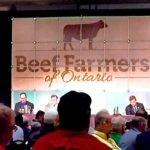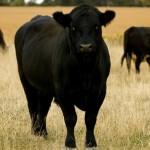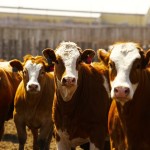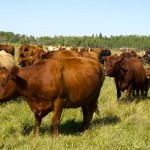A bid to increase the checkoff paid by Ontario’s beef farmers to Beef Farmers of Ontario was quashed when it failed to get the 66 per cent support it needed for approval. Why it matters: Beef Farmers of Ontario pulled from its reserves to fund at close-to $1 million deficit in 2017 and was planning […] Read more










